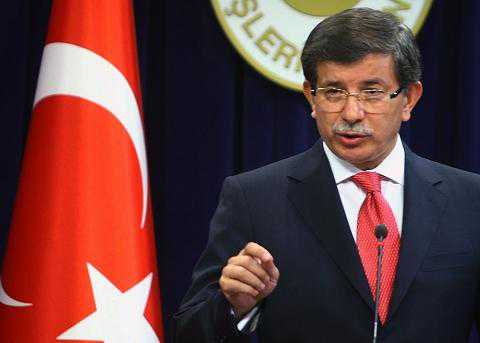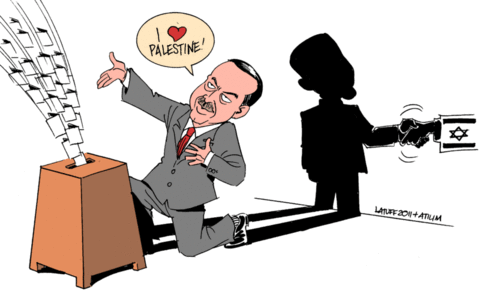MKs respond to ‘new low’ in relations with Turkey
By LAHAV HARKOV
09/02/2011 18:11
Elkin: Turkey should apologize for supporting terror; Zoabi: Israel should pay a price for oppression and occupation.
Knesset members reacted angrily to the downgrade in diplomatic relations by Turkey on Friday.
“Turkey, which supports terrorist organizations that shoot rockets at Israeli citizens every day, is the one that needs to apologize and take responsibility,” coalition chairman Ze’ev Elkin (Likud) said. “Turkey, which cruelly represses the national longings of the Kurds, is the last one who can preach to us.”
“Israel needs to stand strong before the chutzpah and the extortion of Turkey’s Islamist government,” he said.
Likud MK Danny Danon said: “Turkey crossed the line in supporting the flotilla and supporting terrorism, and they have the nerve to ask us for apologies. Turkey needs to apologize to Israel and to abandon the ways of terror and the axis of evil.”
Danon called for the US to declare Turkey a state that supports terrorism, because of its close ties to Iran.
MK Yohanan Plesner (Kadima) called the expulsion of Israel’s ambassador to Ankara “a new low in our declining relations with Turkey over the last two years.
“The downgrade in our relations is not the result of Israel’s policy, but mainly comes from other trends, but the new low was not inevitable,” Plesner said. “It still is not too late to make a compromise that will serve our mutual interests: Protecting IDF soldiers from lawsuits and expressing regret for the loss of life.”
Kadima MK Otniel Schneller (Kadima) called for restraint in reacting to the downgrade.
“Our interest is to maintain relations with Turkey as much as possible,” he said. “This is in Israel’s interest and in the interest of the entire Middle East.
Israel has a responsibility to maintain stability in the region.”
MK Arye Eldad (National Union) said Israel should expel the Turkish ambassador and demand payment for damages to the soldiers wounded during the May 2010 flotilla incident.
He added that he plans to propose a bill to recognize the Armenian Genocide committed by the Turks that began on 1915, as soon as the Knesset recess ends.
Arab lawmakers also reacted strongly to the downgrade, saying it was deserved.
“This is the correct reaction after Israel continues to disrespect human life, the nations of the region and neighboring countries’ sovereignty,” said MK Haneen Zoabi (Balad), who was aboard the Mavi Marmara last year.
“Just as Israel is planning a new social order, it should consider a new diplomatic policy, in which it pays a heavy price for the oppression, occupation and belligerence,” she said.
MK Ahmed Tibi (United Arab List-Ta’al) said, “Whoever kills pays a price.
“The Israeli Judaism will lead to an apology from the most extreme and most arrogant Israeli government,” Tibi said.
“It is only a matter of time – the blood of the Turkish victims is screaming from the ground and the water.”
via MKs respond to ‘new low’ in relat… JPost – Diplomacy & Politics.






